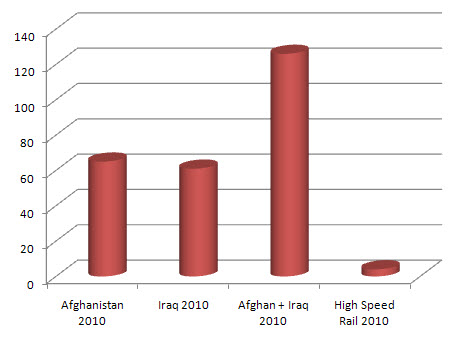The consequences of de-sensitizing ourselves to torture
I wonder about those who argue that waterboarding is not torture-- can they really believe it? I suppose so. Otherwise, how could this happen? Joshua Tabor, a U.S. soldier based in Tacoma, Washington, allegedly waterboarded his 4 year-old daughter because she refused to recite the alphabet. He chose the CIA-approved technique because he knew that his daughter was afraid of water, a phobia that will surely be an ongoing issue for the poor girl. If Christopher Hitchens is to be believed, she'll wake up with nightmares for quite some time. Hitchens was a supporter of the torture technique, at least until he underwent it. His column at Vanity Fair following the experience is titled, "Believe me, it's torture." See for yourself, if you've got a sadistic streak: There seems to be little doubt that Mr. Tabor has some other issues, as neighbors reported seeing him wandering the neighborhood wearing a kevlar helmet and threatening to break windows. But I can't help but think that our collectively cavalier attitude towards the use of torture, even on innocent women and children, has had a de-sensitizing effect on us. Note this paragraph from Fox News:
"Joshua did not act as though he felt there was anything wrong with this form of punishment," the police report said.And why would he? We, as a people, have not felt that there's anything wrong with it. If it's good enough for innocent Muslim women and children, why not use it on our own children? My heart hurts to think about the shock, the pain, and the terror that was inflicted on this poor girl at the hands of her own father. It's painful to me to think about all of the people that we have tortured, and I can only hope that this incident brings us closer to the point where we can unequivocally say, "Torture is wrong".

